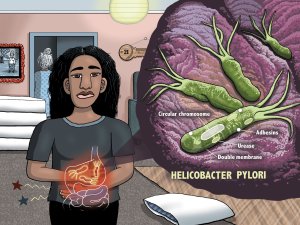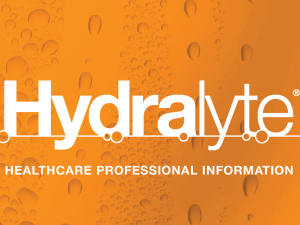Academic pharmacist Nataly Martini provides key information on Helicobacter pylori pathophysiology, diagnosis and evidence-based treatment strategies to enhance patient outcomes
Giving cash without strings attached can improve health
Giving cash without strings attached can improve health

New research has shown governments can help improve health in low and middle income countries, simply by providing cash to people living in poverty.
Dr Frank Pega, an honorary research fellow from the University of Otago, Wellington, has just published a major international review of the health effects of unconditional cash transfers. These are one type of governmental social protection intervention to tackle income poverty.
Universal basic incomes, where everybody receives a basic income, are also a type of unconditional cash transfer.
The review identified 21 studies on the effect of such cash transfers on health service use and health outcomes in low- and middle-income countries. Sixteen of the 21 studies were experimental.
It was the first review of the health effects of this increasingly common type of international development assistance provided by governments around the world, including New Zealand, to an estimated 800 million people.
“The results suggest that unconditional cash transfers lead to a reduction in the likelihood of having had any illness in the past few weeks or months by an estimated 27 per cent,” according to Dr Pega.
“The review also showed that these cash transfers probably led to a moderate increase in the likelihood of children in recipient families attending school, and that they may improve food security, nutrition, and the amount of money recipients spent on health care,” he writes.
“These are promising findings for health and social benefits,” says Professor Nick Wilson, who was not directly involved in this study but has worked with Dr Pega at the University of Otago, Wellington.
“This study shows that these types of cash transfers are an important form of international governmental development assistance for improving health among people living in poverty.”
“This work suggests that cash transfers to the poorest people could be a greater component of New Zealand’s development assistance, for example, to the Pacific nations it supports,” says Professor Wilson. “But this approach needs to be compared with other strategies that enhance education, provide clean water, and build clean energy infrastructure – all of which may also be very worthwhile.”




